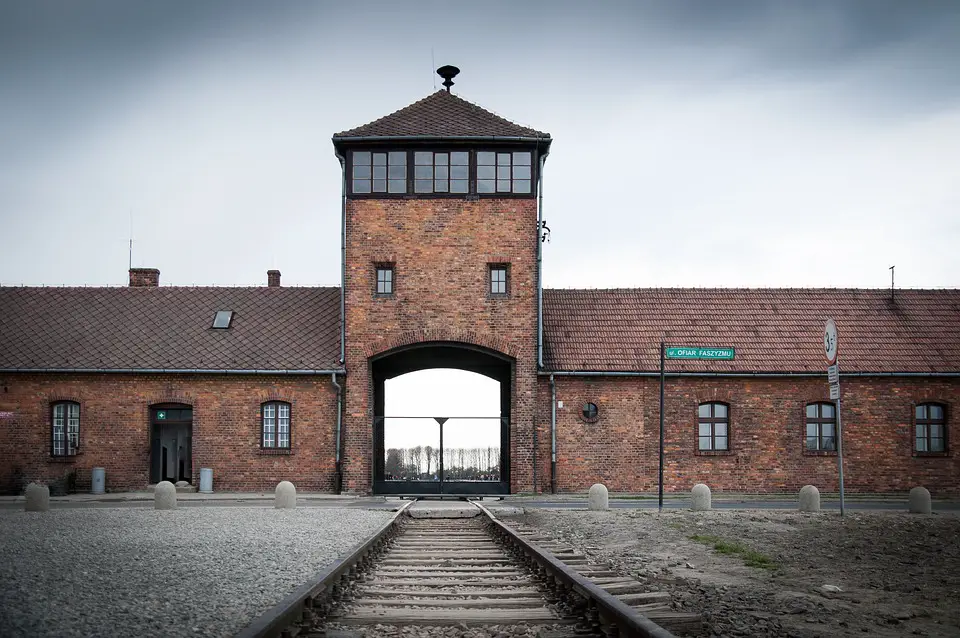Table of Contents
Introduction
When venturing into the wild, whether it’s for a weekend getaway or an extended hiking expedition, having the right gear is essential. Backpacking requires careful planning and selecting the right equipment can make a significant difference in your overall camping experience. In this article, we will explore the must-have gear for backpackers, ensuring you are well-prepared and ready to embark on your outdoor adventures.
Sleeping Gear
A good night’s sleep is crucial to recharge after a long day of hiking. A lightweight, compact sleeping bag is the foundation of your sleeping gear. Look for one that suits the weather conditions you anticipate and is easy to pack in your backpack. Additionally, invest in a quality sleeping pad to provide insulation from the ground and enhance comfort.
Tents and Shelter
Choosing the right tent is essential for shelter and protection from the elements. Look for a lightweight and durable backpacking tent that is easy to set up. Consider the number of people you will be traveling with and opt for a size that comfortably accommodates everyone. Additionally, a lightweight tarp can provide extra protection against rain or serve as a ground covering.
Cooking Equipment
Having a reliable cooking setup ensures you can enjoy hot meals and drinks during your camping trip. A lightweight camping stove is a must-have item, preferably one that uses a fuel type suitable for your needs. Don’t forget to pack cookware such as camping pots, pans, and utensils. Compact and collapsible options are available to maximize space in your backpack.
Hydration Systems
Staying properly hydrated is crucial while backpacking. Consider carrying a portable water filter or purifier to ensure you have access to safe drinking water. Collapsible water bottles or hydration bladders are convenient options that can easily be stored when empty. Be sure to research water sources beforehand and always pack enough water for your journey.
Navigation and Lighting
When exploring unfamiliar trails, a reliable navigational tool, such as a map and compass, is essential. Additionally, a GPS device or smartphone app with offline maps can provide real-time location tracking and route planning. Don’t forget to pack a headlamp or flashlight with extra batteries to ensure visibility during nighttime activities.
Clothing and Footwear
Choosing the right clothing and footwear is crucial to protect yourself from the elements and ensure comfort while backpacking. Opt for lightweight, moisture-wicking clothing that can be layered for varying weather conditions. Remember to pack a waterproof jacket and pants in case of rain. Invest in high-quality hiking boots or shoes that provide good support and don’t forget to bring extra pairs of socks.
First Aid and Safety
Prioritize your safety by packing a comprehensive first aid kit tailored to your hiking needs. Include essentials such as bandages, blister pads, antiseptic, pain relievers, and any personal prescription medications. Additionally, carry a lightweight emergency whistle, a fire starter, and a multi-tool for unexpected situations.
FAQs (Frequently Asked Questions)
How do I choose the right size backpack?
When choosing a backpack, consider the duration of your trip and the equipment you need to carry. Look for a backpack with adjustable straps and a hip belt to distribute the weight evenly. Try on different sizes to find one that fits comfortably and allows you to move freely.
How should I pack my backpack for maximum efficiency?
Organize your gear by using packing cubes or compression sacks to minimize wasted space. Keep frequently used items easily accessible and distribute weight evenly to maintain balance. Aim to place heavier items closer to your back for better stability.
Do I need a camping stove or can I cook over a campfire?
While cooking over a campfire can be enjoyable, it’s not always feasible or permitted in certain areas. Having a camping stove as a backup ensures you can prepare meals regardless of the conditions. Research the regulations of your camping destination before relying solely on open fires.
What should I do to prevent blisters?
Proper footwear fit and good sock choices are key. Break in your hiking boots before embarking on your journey. Consider wearing moisture-wicking socks with padding or using blister prevention products such as adhesive bandages or lubricants.
How can I purify water without a filter?
Boiling water is the most effective method for water purification. Alternatively, you can use chemical water treatments or purification tablets. However, these methods may alter the taste of water, so consider carrying additional flavorings like powdered drink mixes to enhance the taste.
Is it necessary to bring bear spray?
If you are camping or hiking in an area known for bear activity, it is recommended to carry bear spray. Bear spray is designed to deter bears and can provide an added layer of safety. Familiarize yourself with proper usage techniques and keep it readily accessible while on the trail.





